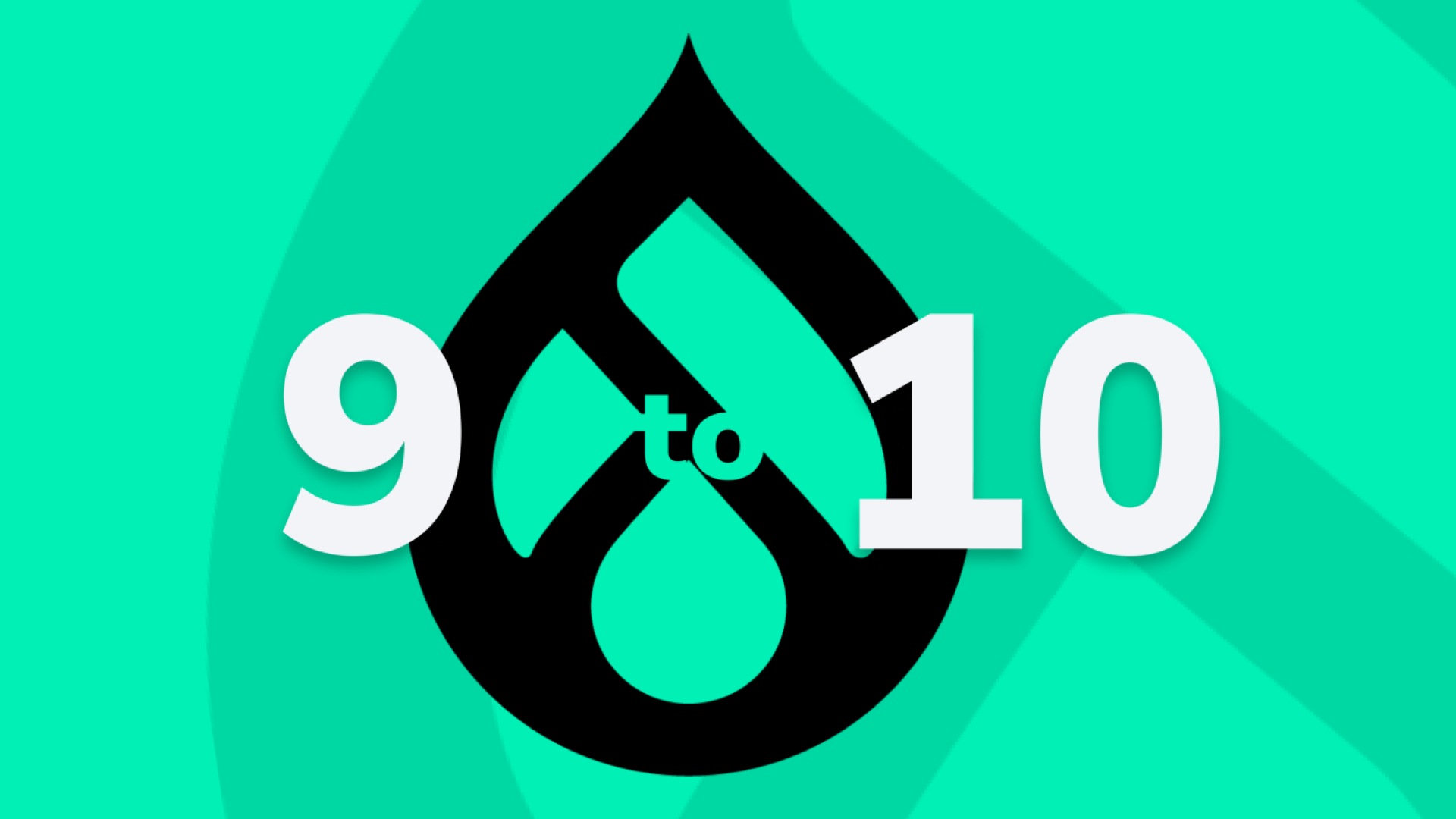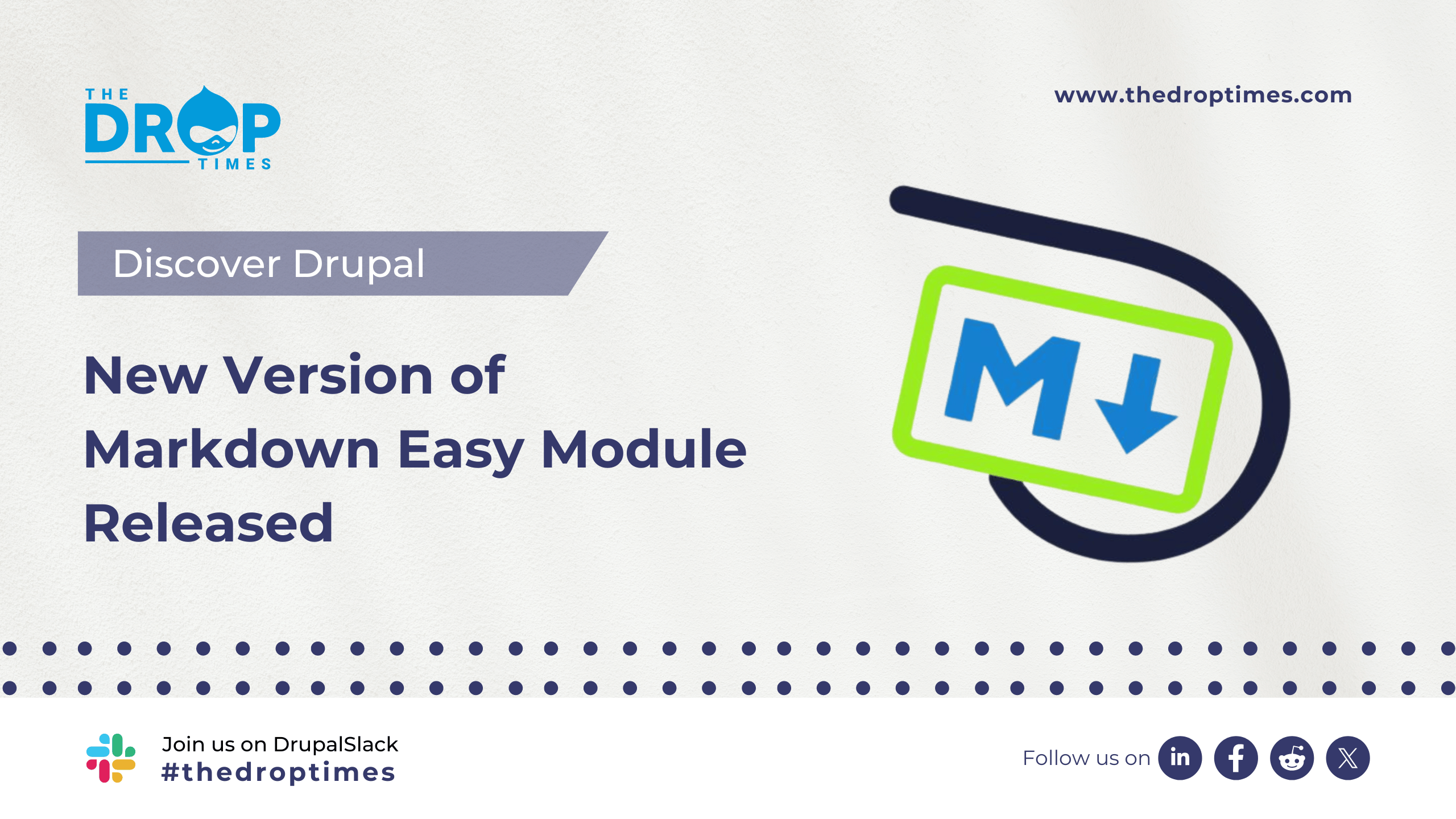Drupal 9 to 10 Upgrade Insights by Zodiac Media
In response to the impending end-of-life date for Drupal 9, Zodiac Media has shared an informative blog post titled "The end of Drupal 9: an in-depth guide to what's involved in upgrading to Drupal 10." As of November 1st, 2023, Drupal 9 and its community-contributed modules will cease to receive updates, including vital security updates. To maintain the security of their websites, users are urged to transition to Drupal 10 before this deadline.
Drupal, a robust and highly flexible content management system, is built upon several external code libraries, known as dependencies. One of its primary dependencies is the Symfony PHP framework, which Drupal 9 currently utilizes in Version 4. However, this version of Symfony is scheduled to reach its end-of-life in November, necessitating a shift to Symfony Version 6. This transition demands substantial rewrites in Drupal, giving rise to the forthcoming Drupal 10 release and spelling the end of Drupal 9.
Zodiac Media, recognized for its expertise in web development, has taken a proactive approach to this pivotal update. As Drupal 9 has matured into a stable and production-ready platform, Zodiac Media has embarked on updating its flagship product, the Council Platform, and its associated client sites to Drupal 10.
However, the challenge in upgrading doesn't solely reside in Drupal's core, which can be relatively straightforward to update. The crux of the issue lies in the multitude of third-party modules typically integrated into a Drupal website. Each of these modules must be adapted to become compatible with Drupal 10.
While module updates may be routine during a website's lifecycle, the impetus is often tied to security releases or the need for specific features from newer versions. This means that numerous modules on a site may not receive updates for extended periods. Consequently, upgrading to Drupal 10 demands addressing a substantial portion of a site's community modules, which can be a time-intensive process given their sheer number.
It is noteworthy that some modules may lack a Drupal 9-compatible version altogether, further complicating the transition. For context, the time required for upgrading a site to Drupal 10 varies, depending on the number of modules involved. For instance, a large website encompassing 60 to 80 modules may necessitate two to three weeks for a full upgrade, while a smaller site with a dozen or so modules might be upgraded in approximately one week.
Zodiac Media's insightful blog post delves into these nuances of upgrading to Drupal 10, offering valuable guidance for Drupal users bracing for the impending changes. For more in-depth information on this significant transition, readers are encouraged to explore the full blog post on Zodiac Media's website.
Disclaimer: The opinions expressed in this story do not necessarily represent that of TheDropTimes. We regularly share third-party blog posts that feature Drupal in good faith. TDT recommends Reader's discretion while consuming such content, as the veracity/authenticity of the story depends on the blogger and their motives.
Note: The vision of this web portal is to help promote news and stories around the Drupal community and promote and celebrate the people and organizations in the community. We strive to create and distribute our content based on these content policy. If you see any omission/variation on this please let us know in the comments below and we will try to address the issue as best we can.




















